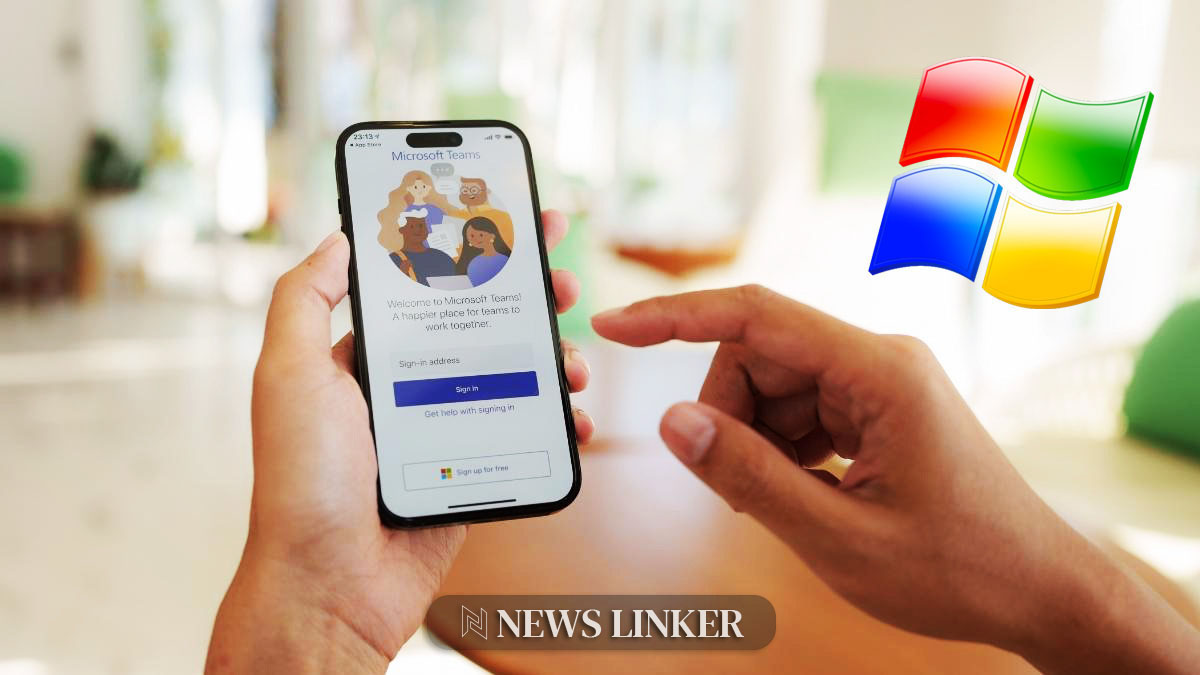Microsoft has introduced a new range of AI-integrated personal computers named Copilot+ PCs. These devices are designed to enhance local AI processing capabilities, reducing dependency on cloud services. The announcement took place at Microsoft’s headquarters, reflecting the company’s strategic move to compete with tech giants like Alphabet and Apple. These computers, developed in collaboration with manufacturers such as Acer and Asustek, are expected to significantly influence market dynamics.
Despite the global decline in PC shipments, Microsoft remains optimistic about the potential success of its AI PCs. The introduction of the Copilot+ series aligns with the company’s broader vision of integrating advanced AI technologies across its product lineup. This initiative reflects a calculated effort to capture a significant market share in the AI-driven PC segment, leveraging the growing expectations of AI’s impact on tech industry earnings.
New AI Capabilities
These new devices are equipped with Qualcomm Snapdragon X series chips featuring AI accelerators capable of delivering up to 45 tera operations per second (TOPS). The Copilot+ series includes models such as the Surface Laptop and Surface Pro, which come with up to 64GB of RAM and 1TB of flash storage. Enhanced with OLED displays in high-end versions, these devices are optimized for superior performance and visual quality.
Product Specifications
The Surface Pro, a versatile two-in-one PC, features a detachable keyboard that doubles as a wireless connector and stylus charger. Both the Surface Laptop and Surface Pro are equipped with the Snapdragon X processor, customizable with up to 32GB of RAM and 1TB of storage. The devices also boast “Recall” functionality, which logs user activities and stores data locally, providing a searchable history.
Key Takeaways
– Copilot+ PCs feature Qualcomm Snapdragon X chips with up to 45 TOPS.
– The lineup includes Surface Laptops and Surface Pros with OLED displays.
– “Recall” feature provides a searchable log of user activities stored locally.
Industry analysts have drawn comparisons between Microsoft’s Copilot+ category and Intel‘s 2011 Ultrabook initiative, both aiming to redefine the market. Similar to Intel’s strategy to compete with Apple’s MacBook Air, Microsoft’s Copilot+ PCs are poised to challenge the dominance of Apple’s AI-focused advancements. Additionally, the integration of GPT-4o from OpenAI into the Copilot series represents another significant leap in AI capabilities, enabling more sophisticated user interactions.
Microsoft’s new PC lineup arrives amid heightened competition, with recent product launches from Apple setting new performance benchmarks. However, Microsoft’s focus on local AI processing and partnerships with leading manufacturers positions it strongly in this evolving market. By emphasizing efficient, high-performance AI integration, Microsoft aims to attract consumers looking for superior computing experiences.
Yusuf Mehdi, Microsoft’s head of consumer marketing, announced an ambitious target of selling 50 million AI PCs in the coming year. This announcement underscores Microsoft’s confidence in the market demand for AI-enhanced computing solutions. The Copilot+ series promises to deliver high performance and innovative features, potentially redefining user expectations in the PC market.
While initial reactions to Microsoft’s announcement are mixed, the company’s strategic alignment with AI trends and strong partnerships signal a promising future. Consumers and industry experts alike will closely watch how these new AI PCs perform in real-world applications and their impact on the broader tech landscape.










